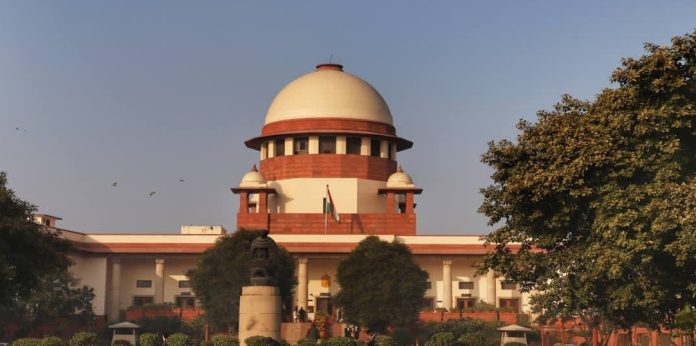New Delhi, May 26 – The Supreme Court on Friday dismissed a petition seeking contempt action against officials in Manipur for alleged non-compliance with a court order protecting the properties of those displaced during the ethnic conflict in the state.
A vacation bench of Justices Bela M Trivedi and Pankaj Mithal stated that it was not convinced that a case of contempt was made against the respondents, including Manipur’s Chief Secretary. The bench advised the petitioners to pursue other legal remedies if they felt aggrieved by the officials’ actions or inactions.
Additional Solicitor General Aishwarya Bhati, representing Manipur, asserted that both the state and central governments were actively addressing public concerns and fulfilling their duty to protect citizens and their properties. Bhati criticized the petition as an attempt to provoke unrest, noting that the government was prepared to submit an updated status report on the matter.
The petition alleged that the respondents failed to comply with the Supreme Court’s September 25, 2023, order, which directed the protection of properties of displaced persons and prevention of their encroachment. The petitioners claimed that their properties were looted in the presence of police, and they offered to present video evidence in court.
The bench acknowledged the importance of protecting displaced persons’ properties but emphasized that this did not justify issuing contempt notices against officials. The judges reiterated that the court must act according to the law and not be swayed by sentiments.
Manipur has been in turmoil since May last year following a high court order instructing the state government to consider including the non-tribal Meitei community in the Scheduled Tribes list. Ethnic clashes erupted on May 3, 2023, during a ‘Tribal Solidarity March’ protesting the Meitei community’s demand for ST status. The violence has resulted in over 170 deaths and hundreds of injuries.
The Supreme Court underscored that petitioners could seek legal recourse through appropriate proceedings if they believed their grievances were not addressed.




